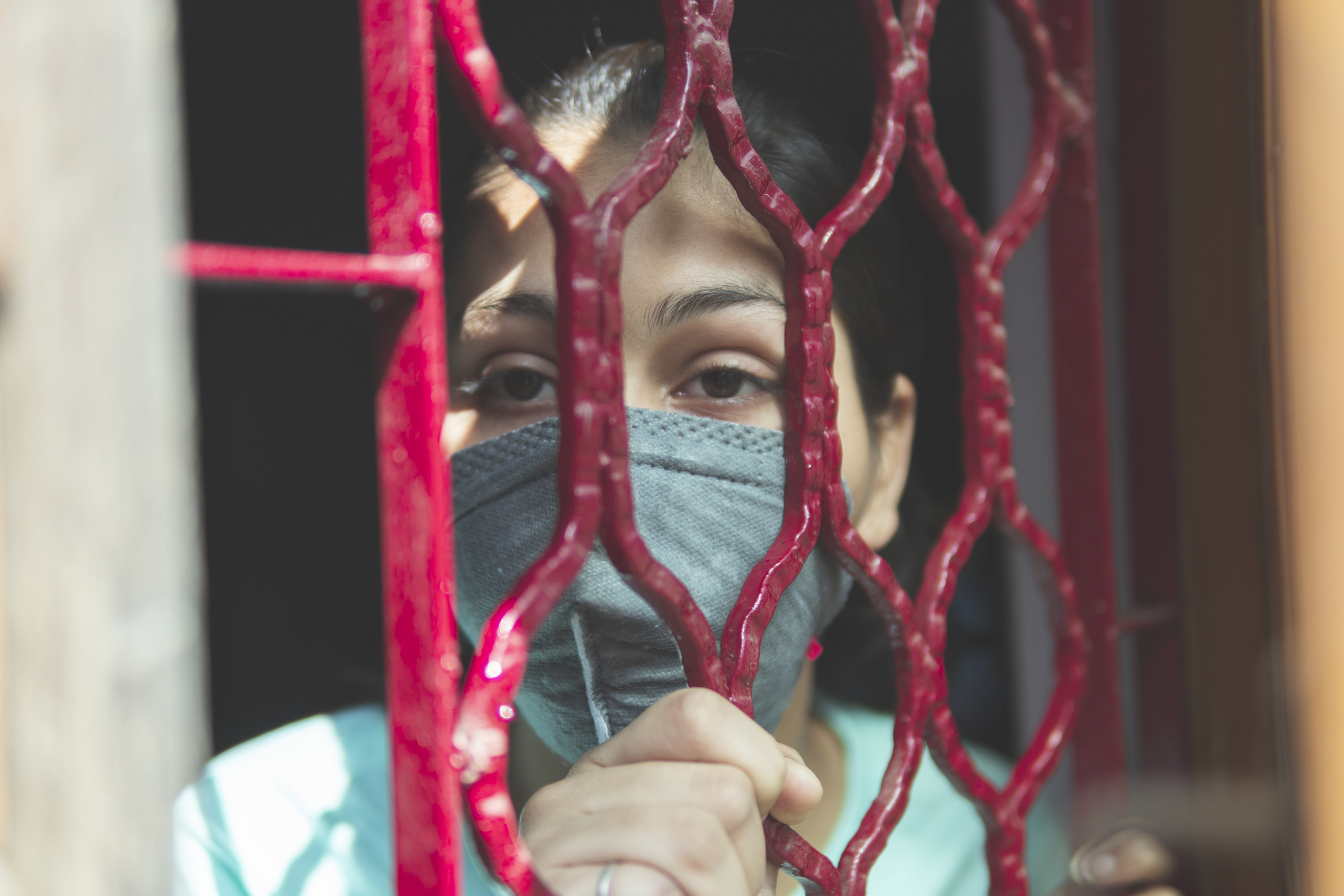
By Dr Claire Mcloughlin & Professor David Hudson
International Development Department, University of Birmingham
“People are more likely to comply with rules that don’t benefit them if they have some basis in shared values and beliefs and fairness.”
Across the world, citizens are facing extraordinary limits on their livelihoods and freedom of association. But as the initial, sharp shock of the COVID-19 crisis begins to pass, and the collective willpower to suspend productive life fades, many countries are now facing a much messier phase of partial re-opening and selective restrictions. Governments and their leaders everywhere will be testing the limits of COVID compliance. How can they bring citizens with them on an uncomfortable but essential journey?
Whether authorities succeed or fail in enforcing potentially life-saving rules could hinge, ultimately, on whether people perceive those rules as legitimate rather than technically right or enforceable. We wrote this prior to the news breaking, in the UK, that Dominic Cummings, the PM’s special advisor, had broken the letter and the spirit of the lockdown rules. We argue that this matters because it damages the legitimacy of the rules and will therefore undercut compliance. Yet in many ways this is just an extreme example of the challenge facing governments and leaders everywhere.
So when are rules legitimate? Decades of thinking on sources of legitimate authority – from classic theory to cross-country research, and international policy debates – can be distilled into three simple ‘tests’. These are essentially the questions citizens are likely to ask themselves in order to evaluate whether they are morally obliged to comply, or not:
- How will it affect me?
The first, obvious question people are likely to ask about new rules is, how will they affect me? Of course, people have their own narrow sense of their interests. But beyond that, seeing that a particular policy is working, and is beneficial, could be thought of as important for legitimacy.
One way leaders have tried to maintain compliance is to emphasise how the social distancing measures are working to flatten the curve. This is a precarious exercise as over-egging or celebrating success can undermine public compliance. Especially since, as humble humans, we find it pretty hard to compute counterfactuals — see the graphic for a common tendency!

Social distancing might be feasible for some more secure and prosperous groups in wealthier societies, but in contexts of extremely high levels of informal employment and no social security net to protect people’s income and basic needs, it is incredibly hard and unreasonable to sustain.
- How was it decided?
Especially when the rules don’t benefit people personally, people tend to look for reason in how those decisions were made, or by whom. This test is particularly salient for COVID compliance because there is substantial and robust evidence that people can accept decisions that go against their direct interests (i.e. loss of livelihoods and freedom) if they believe that the process of decision-making was fair.
But when are emergency lockdown decision-making processes likely to be seen as fair? Traditional political theory tells us that at a minimum, legitimate rules need some basis in law. The problem is that legality can become fluid in unprecedented ‘states of exception’ or emergency. There is understandable disquiet that many states are using the elasticity of crisis to stretch or circumvent the ordinary procedures of government, and are effectively asking citizens to take their decisions on trust. In the scramble to meet the most urgent needs, transparency and consultation are the first casualties.
The problem with the legitimacy of decision-making processes in an emergency is that social tolerance shifts and a lot more discretion can be justified. The question then becomes, how far can societies’ tolerance of rule bending be pushed? Part of the answer lies, ultimately, in whether the rules are seen as serving the public interest.
- Why is it the right thing to do?
If the first two tests aren’t enough to induce voluntary compliance – which looks increasingly likely – the next question people might ask is the big one – ‘why are we doing this?’ In other words, what’s the normative justification for it? People are more likely to comply with rules that don’t benefit them if they have some basis in shared values and beliefs and fairness. The same applies to COVID compliance.
Framing and narrating the rules in ways that tap into deeply normative ideas and public sentiments about what is right for society is therefore likely to be key. It’s no coincidence that in the UK the initial ‘stay at home, protect the NHS, save lives’ was the dominant narrative used to generate social consensus. By normatively framing the NHS as something to protect, political elites are tapping into some of the shared values that form part of our national identity to reinforce the moral basis for compliance.
Legitimacy will fade, and compliance break down, wherever there is a perceived conflict between the rules and the dominant belief system. In the same way that it threatens legitimate authority, perceived unfairness poses a real threat to COVID compliance. Since governments and leaders need voluntary compliance, they need to cultivate, play to, and most importantly not violate the shared beliefs that underpin society. This is why the Dominic Cummings episode is so deeply worrying – it erodes the very legitimacy of the rules.
- Find out more about Dr Claire Mcloughlin
- Find out more about Professor David Hudson
- Find out more about the International Development Department
- Find out more about the Development Leadership Program
- Back to Social Sciences Birmingham
